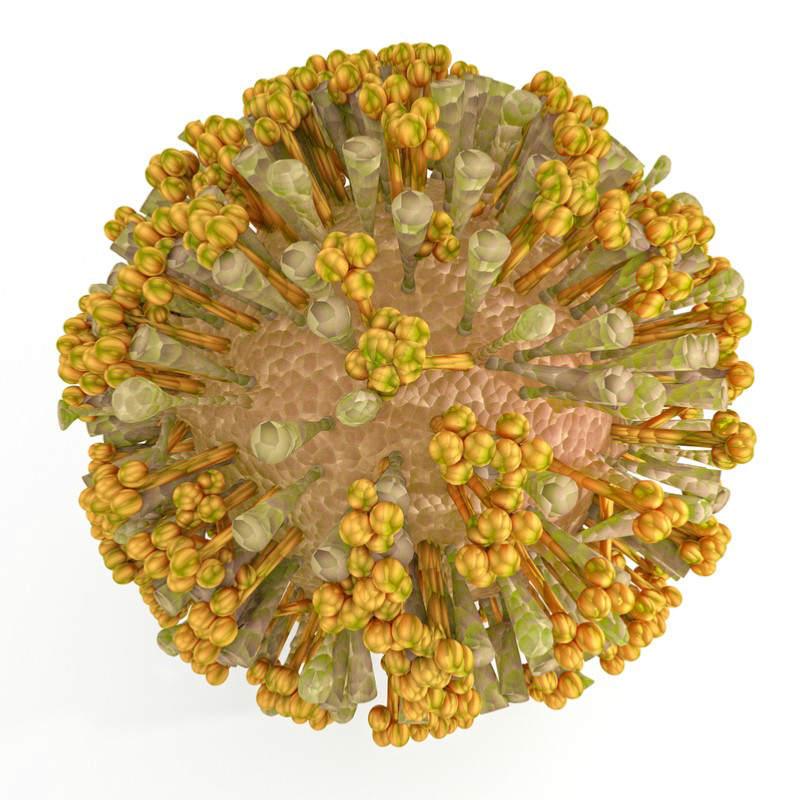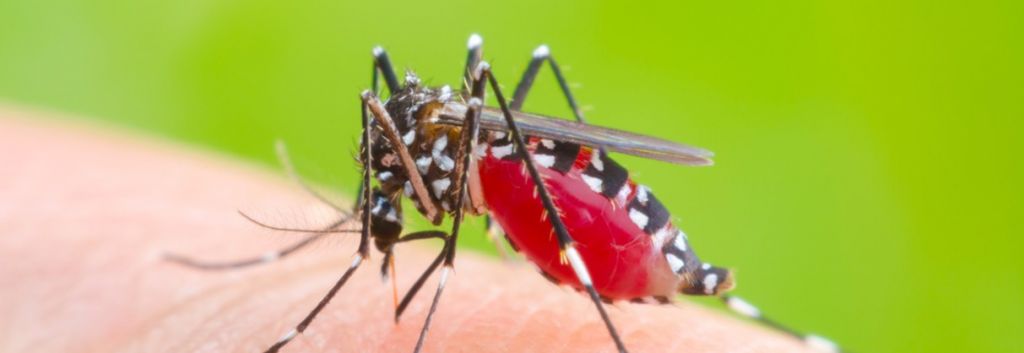Newsletter Signup - Under Article / In Page
"*" indicates required fields
Update (18/11/2019): French biotech Valneva has revealed additional phase I results concerning its experimental chikungunya vaccine; all 68 patients that were given a single injection of the vaccine showed sustained protection after 12 months. The company is currently running a phase II study and plans to launch a pivotal phase III trial next year.
Update (22/05/2019): Valneva’s vaccine for the chikungunya virus has proved effective and safe for up to six months after injection in an ongoing phase I trial.
By six months after injection, the trial’s 120 enrolled volunteers showed no adverse events related to the vaccine, and continued to have antibodies against the virus in their blood. A group of the volunteers was injected with the vaccine for a second time, and showed robust immune protection. The trial will continue to follow the volunteers for up to 13 months after the initial injection.
The company expects to announce a plan later this year for how it will work with the FDA to get market approval for the vaccine, which has an FDA Fast Track designation.
Published on 10/01/2019
A vaccine developed by French biotech Valneva for the mosquito-borne chikungunya virus is showing big potential in a phase I study.
The vaccine is a live, weakened form of the chikungunya virus. All 120 healthy volunteers taking part in the trial had made antibodies against the virus when measured 28 days after receiving the initial shot. The vaccine also showed no serious adverse events in the same time period.
The volunteers in the trial will receive additional injections of the vaccine 6 and 12 months after the initial shot to confirm that it gives long-lasting protection.
This prophylactic vaccine is unique because it should protect people from the virus for years after receiving a single shot, according to a spokesman from Valneva. The vaccine was awarded an FDA fast-track designation in December 2018 to accelerate its clinical development.
With these promising results, Valneva hopes to move this candidate into pivotal clinical trials as quickly as possible, though it did not specify when this will take place.

Chikungunya is a virus borne in tropical regions by mosquito species from the Aedes genus. However, Chikungunya is currently spreading, with breakouts in Europe in 2017. The virus can cause debilitating symptoms such as fever and long-lasting joint pains.
Valneva is working on vaccines for other tropical diseases. The company’s vaccine for the tick-borne Lyme disease, entering phase II, is the most advanced Lyme disease vaccine in development. Valneva is also working on a vaccine for Zika, another Aedes-borne virus, with the US company Emergent BioSolutions. This Zika vaccine, potentially the first to reach the market, recently showed positive outcomes in a phase I trial.
Recently, Valneva also made an interesting financial move in the stock market, announcing its plan to delist from the Vienna Stock Exchange, and instead to focus on Euronext Paris in late 2019. This was because the bulk of Valneva’s shares are spread across Europe, requiring a more international focus, explained the Valneva spokesman.
Mosquito-borne diseases are the focus of other biotechs too, including the Austrian biotech Themis, whose own vaccine for chikungunya recently had a successful phase II trial and is to begin phase III in 2020. The French giant Sanofi’s vaccine for dengue fever was approved by the European Commission last month. The UK biotech Oxitec has an alternative approach, releasing mosquitoes into the wild that are genetically engineered to be infertile, reducing their population.
Images from Shutterstock






